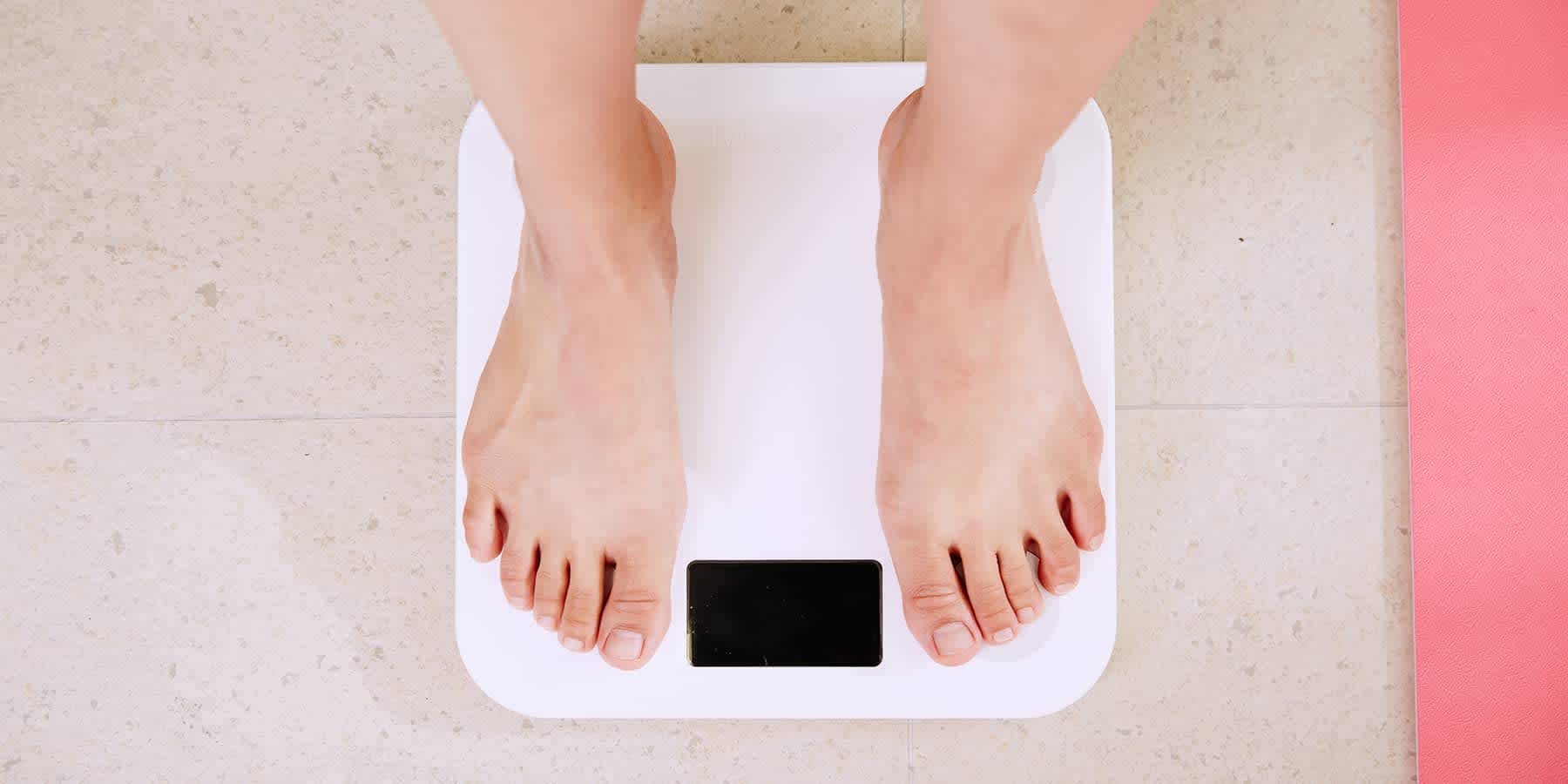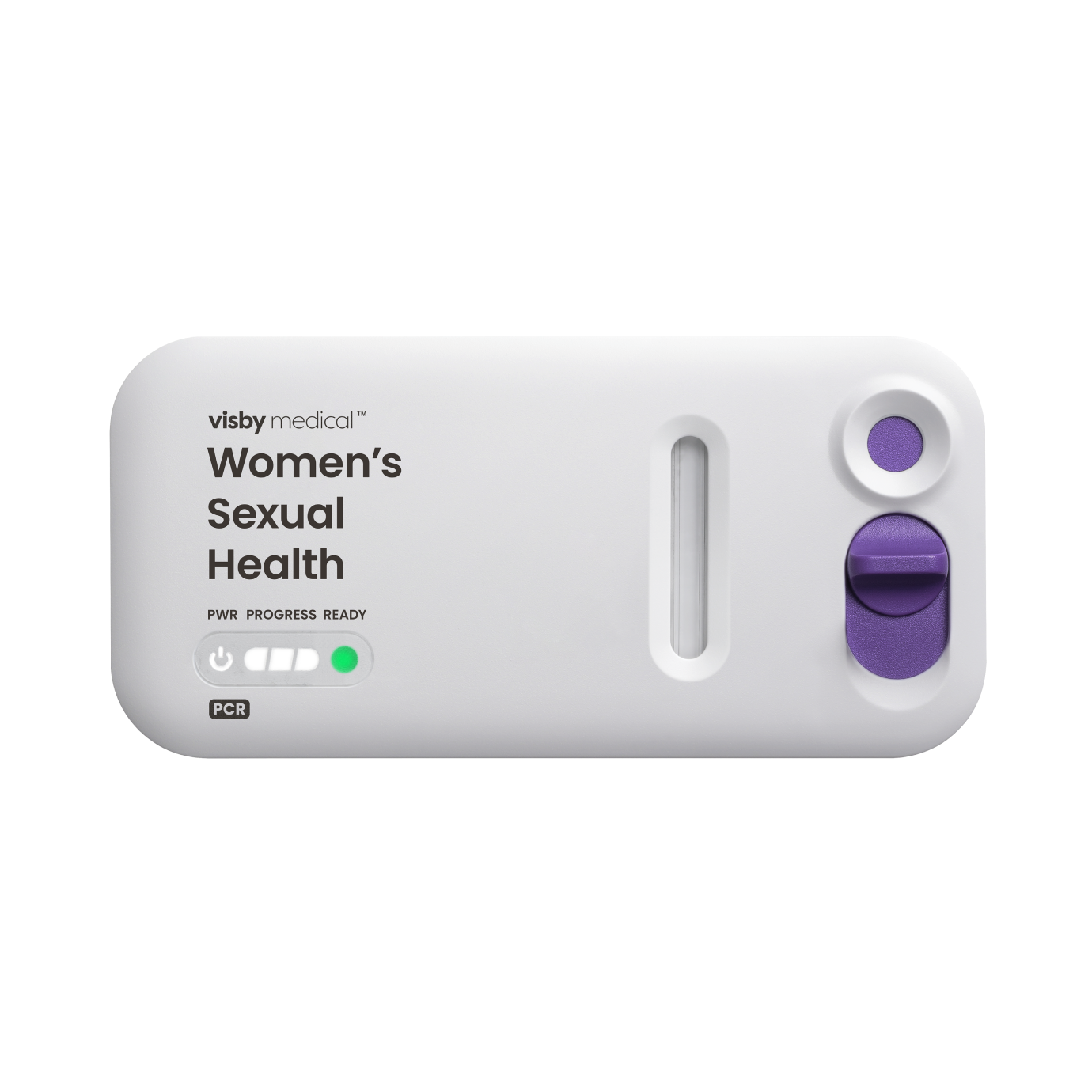
Written on June 28, 2023 by Amy Harris, MS, RN, CNM. To give you technically accurate, evidence-based information, content published on the Everlywell blog is reviewed by credentialed professionals with expertise in medical and bioscience fields.
Table of contents
- What Are the Different Types of Back Pain?
- Where Do You Feel Back Pain?
- How Can Weight Gain Cause Back Pain?
- How is Weight-Related Back Pain Treated?
- Looking for Help Losing Weight?
- Related Content
Chances are you will experience back pain at some point in your life. Back pain is widespread and one of the major causes of disability worldwide.[1] Thirty-nine percent of adults in the U.S. report having low back pain in the last three months.[2] There are many causes of back pain, so it can be hard to find the most effective treatment. If you have had back pain for a long time and are a person with a larger-sized body or have been told that you are overweight or obese, your aching back may be related to your weight. That said, learning more about the relationship between weight gain and back pain can help you understand how to start feeling better faster.
What Are the Different Types of Back Pain?
The two main types of back pain are acute and chronic back pain. Acute back pain only lasts for a short time (usually a few days or weeks). Acute back pain improves with rest and usually does not need to be treated.[1]
In contrast, chronic back pain does not improve, even with multiple treatments. Chronic back pain lasts over three months, is present every day, and usually worsens with time.[3]
Where Do You Feel Back Pain?
Back pain related to weight gain, having a larger-sized body, or carrying more weight around your midsection tends to be more chronic. Still, people can also have repeated acute back injuries — episodes of “throwing their back out” mixed in with times when they don’t have any pain. Minor injuries to the muscles and ligaments in the back most commonly cause sprains, strains, and muscle spasms.[4]
If you have a larger-sized body, you may be more likely to experience back pain in your lower back (lumbar spine). [4] People with breasts that can become larger with weight gain may experience neck and thoracic (chest-level) pain.
Excess body weight, especially around your middle, can change your posture over time. Excess weight in your stomach can cause your spine to become arched and curved. This change can cause further pressure on your hip joints and the bottom of your spine, causing lower back and pelvic pain.[5]
How Can Weight Gain Cause Back Pain?
Research has shown that obesity can cause several types of back-pain-related conditions[3,6,7]:
- Sciatica
- Lower back pain
- Disc degeneration
Weight gain is more likely a contributing factor for your back pain, not the actual cause.[4] You might still have back pain even if you weren’t overweight, obese, or in a larger-sized body. This means that losing weight is not the only way to treat your back pain. That said, carrying around excess weight probably isn’t helping your back pain.
Over time, continued weight gain will also put more pressure and strain on your spine and the muscles and ligaments supporting the spine.[3] Long-term (over a lifetime) changes to how your spine functions and its shape are called degenerative changes of the spine. Carrying excess weight on your body may make degenerative changes in your spine happen faster or be more severe.[5]
Added weight can lead to the breakdown of your vertebrae (the building blocks of your spine) and the cushioning discs between your vertebrae. Breaking vertebrae and damaged discs can compress nerves, resulting in worsening back pain.[5] Sciatica is the name for what happens when one of your discs pushes (or pinches) a nerve running down into your leg.[6]
In a harmful self-reinforcing cycle, the more weight you gain, the harder it can be to stay physically active. The more your body hurts, the less you want to move, so the more weight you gain, and the worse your back pain. This chronic pain cycle is the reason why people who are overweight or obese tend to have more chronic pain.[8]
Back pain is also more common among less physically fit people. [4] Not all people with larger-sized bodies are out of shape or less physically fit, however. But, because their bodies are more likely to hurt when they move more, they may tend to be less physically active and at higher risk for back injuries. For example, people with weaker back and stomach muscles (core strength) may be at greater risk for sprains, strains, and muscle spasms that cause most back pain.[1,10]
How is Weight-Related Back Pain Treated?
If you have back pain and excess body weight, a healthcare provider or physical therapist might suggest starting an exercise program, physical therapy, and trying to lose some weight as part of your back pain treatment plan.[1]
While research does indicate that weight loss improves back pain, there are no guarantees that if you lose a certain amount of weight, you will be pain-free. [7] Instead, it might help you feel better overall. If you feel better emotionally, you may cope better with your back pain and be more motivated to move your body in healthier ways. In particular, strengthening your back and stomach muscles (core) can help prevent further back injuries and reduce pain.[1]
A diet and exercise prescription as a weight management plan or a back pain treatment plan does not work for everybody, especially if you are overweight, obese, or have other more complex health conditions.[8-9]
For some people, adding prescription medications such as the GLP-1 agonists works for weight loss. Medications like Wegovy® and Ozempic® may help people finally lose (and maintain) enough weight to reach a healthy body mass index (BMI) and live with less back pain. Studies found that people using semaglutide and making lifestyle changes lost about 34 pounds versus 6 pounds in those who didn’t use the drug.[11] The FDA approves these medications for the treatment of obesity.
Looking for Help Losing Weight?
Everlywell may be able to help. It can be lonely and confusing to wade through the myriad of diet and exercise plans that come across your screen every day. All you know is that your back hurts. Your healthcare provider has suggested losing some weight could help. But where to start?
Everlywell’s expert nurse practitioners (NPs) provide telemedicine pain management. Through this confidential, easy, and accessible virtual care model, your healthcare provider can keep a close eye on your pain and come up with an effective pain management plan. Once you have less pain, you may be more motivated to start those exercises to strengthen your back or raise your heart rate.
Looking for other ways to lose weight? Curious about whether you might be a good candidate for a GLP-1 agonist or wondering where and how to get a prescription? Everlywell now offers a comprehensive virtual weight loss telehealth option with obesity treatment medications, regular telehealth visits, and support for related conditions for those 18 years and older who meet safety guidelines. All prescriptions are subject to the clinician’s judgment because these medications may not be safe for everyone to take.
A healthy back takes a lifetime investment of regular upkeep and maintenance, kind of like your car. That is why making healthy food choices, becoming more physically active, and maintaining a healthy body weight can be part of your healthy, pain-free back plan.
Related Content
Does Inflammation Cause Weight Gain?
Does Insulin Resistance Cause Weight Gain?
Can High Triglycerides Cause Weight Gain?
References
- Back pain. Mayo Clinic. https://www.mayoclinic.org/diseases-conditions/back-pain/symptoms-causes/syc-20369906. Published February 18, 2023. Accessed June 2023.
- Lucas J, Connor E, and Jonaki Bose J. Back, lower limb, and upper limb pain among U.S. adults 2019. NCHS-CDC. Data brief 415, July 2021. https://www.cdc.gov/nchs/data/databriefs/db415-H.pdf
- Low back pain. Johns Hopkins Health. https://www.hopkinsmedicine.org/health/conditions-and-diseases/back-pain/low-back-pain. Accessed June 7, 2023.
- Common causes of back pain – types and treatment. National Institute of Arthritis and Musculoskeletal Skin Diseases (NIAMS). NIH. https://www.niams.nih.gov/health-topics/back-pain. Accessed June 7, 2023.
- Anandacoomarasamy, A., Caterson, I., Sambrook, P. et al. The impact of obesity on the musculoskeletal system. Int J Obes 32, 211–222 (2008). https://doi.org/10.1038/sj.ijo.0803715.
- Shiri R, Lallukka T, Karppinen J, Viikari-Juntura E. Obesity as a risk factor for sciatica: a meta-analysis. Am J Epidemiol. 2014;179(8):929-937. https://pubmed.ncbi.nlm.nih.gov/24569641/
- Chen, L.H., Weber, K., Mehrabkhani, S. et al. The effectiveness of weight loss programs for low back pain: a systematic review. BMC Musculoskelet Disord 23, 488 (2022). https://doi.org/10.1186/s12891-022-05391-w.
- Chin, SH, Huang, WL, Akter, S. et al. Obesity and pain: a systematic review. Int J Obes 44, 969–979 (2020). https://doi.org/10.1038/s41366-019-0505-y
- Shmerling . When dieting doesn’t work. Harvard Health Publishing. https://www.health.harvard.edu/blog/when-dieting-doesnt-work-2020052519889. Published May 26, 2020. Accessed June 2023.
- O'Neil PM, Birkenfeld AL, McGowan B, et al. Efficacy and safety of semaglutide compared with liraglutide and placebo for weight loss in patients with obesity: a randomised, double-blind, placebo and active-controlled, dose-ranging, phase 2 trial. Lancet. 2018;392(10148):637-649. https://pubmed.ncbi.nlm.nih.gov/30122305/.
Spotlight on
Featured content

86% of cancers aren't caught by recommended screenings. See what they're missing with a single blood draw.
Save $100 now
Explore Everlywell










